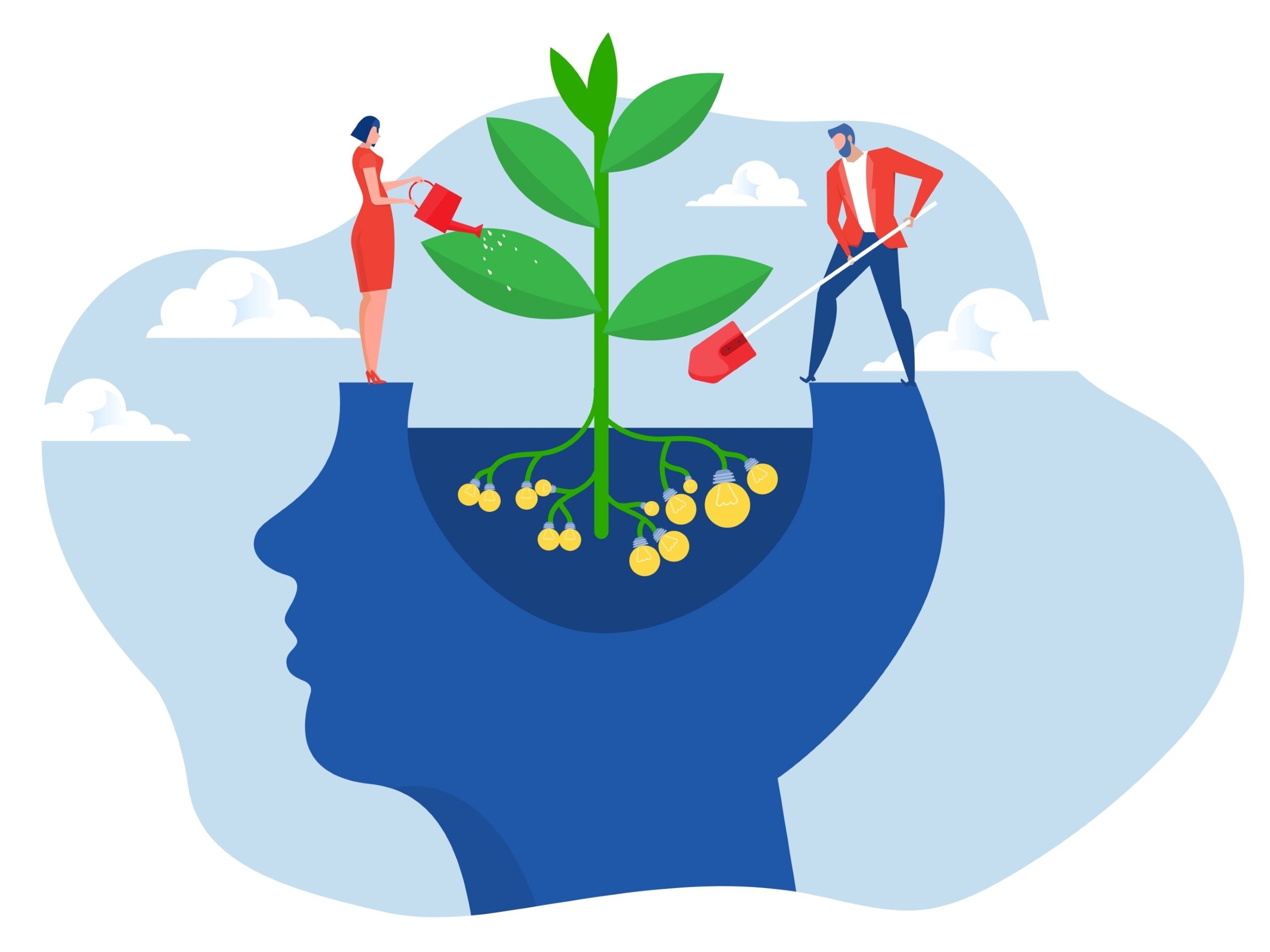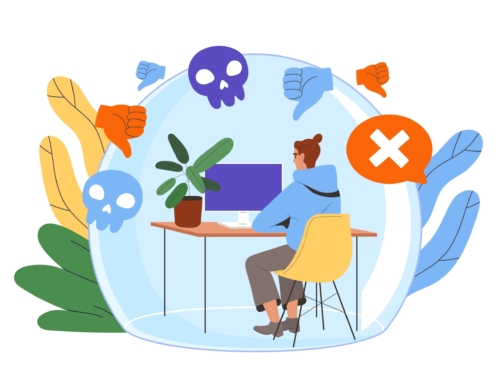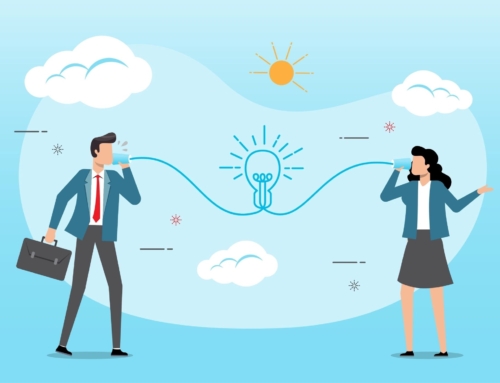
Let’s explore each circle.
⚪️ Circle One: The Deflecting Mindset
“It’s not me. I’m doing just fine. The problem is everyone else.”
This circle is marked by denial and blame. Individuals operating in this space often reject feedback, avoid accountability, and resist change. It’s the psychological safe zone—comfortable but dangerous—because it creates stagnation. When someone believes they have nothing to learn, growth halts.
This mindset can erode trust, reduce collaboration, and foster toxic work cultures. A key challenge for leaders and people managers is identifying and coaching individuals beyond this defensive stance.
⚫️ Circle Two: The Internalising Mindset
“It’s all my fault. I can’t be trusted. I need to play it safe.”
Often triggered by failure or fear, this circle is rooted in self-blame. While it might seem like accountability, it’s actually a form of paralysis. People in this space often withdraw, downplay their potential, and avoid new challenges. Their focus is on minimising risk rather than embracing opportunity.
This presents a critical opportunity for support. Psychological safety, mentoring, and affirming feedback can help individuals shift from guilt and fear toward constructive learning.
🟢 Circle Three: The Growth Mindset
“Every experience—especially the hard ones—is a learning opportunity.”
This is where transformation lives. Individuals in this circle see challenges not as threats, but as invitations to grow. They recognise that success teaches little, but failure is a masterclass in development. Mistakes become moments of insight. Feedback becomes fuel.
This mindset breeds innovation, resilience, and high performance. Cultivating it requires conscious effort—through open conversations, leadership modelling, and systems that reward learning over perfection.
🔄 Making the Shift: From Fear to Growth
Leaders play a critical role in helping others recognise which circle they’re in—and in designing cultures that nudge people toward growth. That means:
- Normalisng mistakes as part of the learning process
- Encouraging reflection over reaction
- Celebrating effort and evolution as much as results
- Investing in coaching and development programs that reinforce this mindset
Ultimately, growth isn’t a destination. It’s a way of thinking, leading, and being.
Let’s encourage every individual in our organisations to ask not “Who’s to blame?” or “What did I do wrong?”—but instead:
“What can I learn?”














Leave A Comment